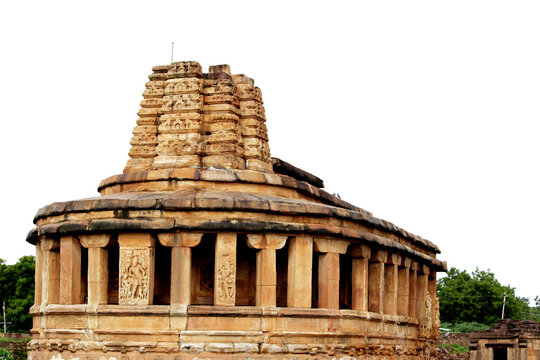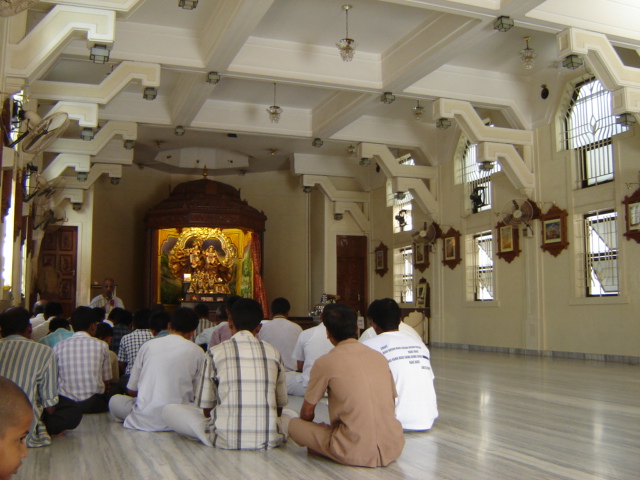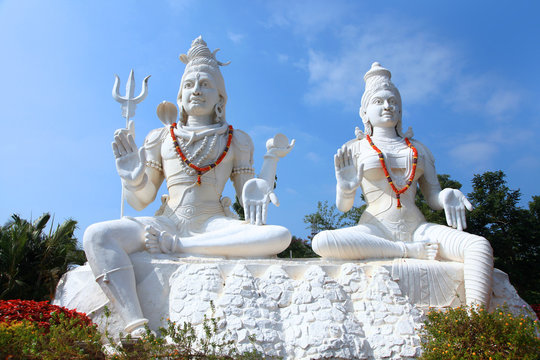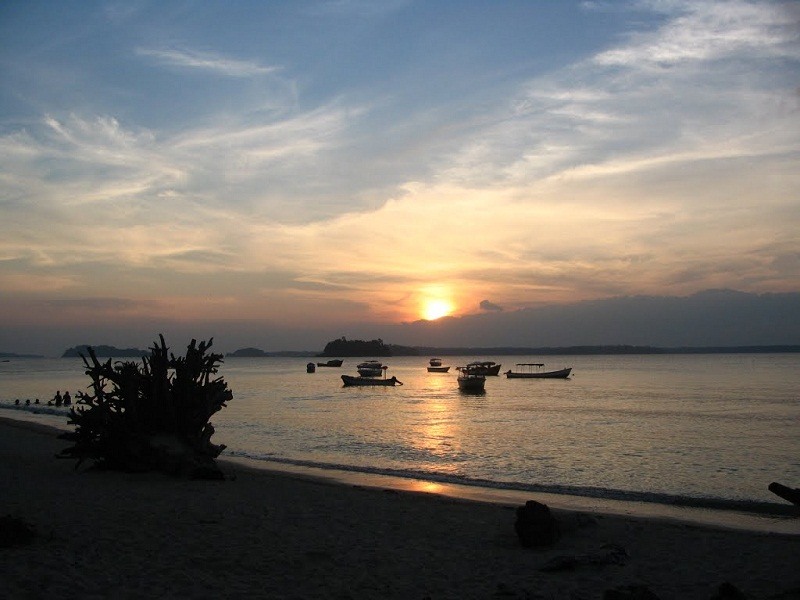Places to visit in Vijayawada
Nestled on the banks of the Krishna River, is a vibrant city that beautifully blends spirituality, history, and natural charm. Known for the iconic Kanaka Durga Temple, ancient rock-cut caves, scenic river islands, and bustling markets, the city offers diverse experiences for travelers. From cultural landmarks to serene getaways, Vijayawada is a destination that captures the true essence of Andhra Pradesh.
Wiki Link: Places to visit in Vijayawada

Kanaka Durga Temple
Perched atop Indrakeeladri Hill, is the most iconic landmark of Vijayawada. Dedicated to Goddess Durga, it is one of the Shakti Peethas and draws lakhs of devotees, especially during Dasara celebrations. The temple offers breathtaking views of the Krishna River flowing below.
Rich in legends, it is believed that Goddess Durga herself appeared here to bless the land. Pilgrims climb the hill or take vehicles to reach the sanctum, experiencing the divine aura. For both devotees and travelers, it’s a symbol of Vijayawada’s spiritual essence.

Raghavaiah Park
A family-friendly park with fountains, play areas, and riverfront views.

ISKCON Vijayawada
A peaceful temple dedicated to Lord Krishna, known for its spiritual ambience and devotional programs.

Besant Road
A scenic hillock offering trekking opportunities and panoramic city views.

Ayappa Swamy Temple
A sacred shrine attracting devotees, especially during the Mandala season.

Prakasam Barrage
Built across the Krishna River, is both an engineering marvel and a scenic attraction in Vijayawada. Stretching 1,223 meters, it connects Krishna and Guntur districts while irrigating vast stretches of land. The barrage is especially captivating at night when it’s illuminated with colorful lights.
Visitors often enjoy leisurely walks here, admiring the gushing waters and cool breeze. Historically, it played a crucial role in boosting agriculture in the region. Today, it stands as a symbol of modern progress blending with natural beauty.

Bhavani Island
Nestled on the Krishna River, is one of the largest river islands in India. Spread across 133 acres, it offers a mix of natural beauty and leisure activities. Visitors can enjoy boating, water sports, fishing, and picnics amidst lush greenery.
The island also has resorts, cottages, and adventure zones for families and tourists. Its calm and serene environment makes it a popular weekend getaway from the city’s bustle. Accessible by boat, Bhavani Island offers a refreshing retreat right in the heart of Vijayawada.

Rajiv Gandhi Park
A relaxing urban park with a musical fountain, dinosaur models, and lush gardens.

Gandhi Hill
A hilltop memorial dedicated to Mahatma Gandhi with a stupa, library, and city views

Mogalrajapuram Caves
5th-century caves featuring rock-cut temples with unique sculptures of Lord Nataraja and Ardhanareeshwara.

Bapu Museum (Victoria Museum)
Formerly known as Victoria Jubilee Museum, is a heritage landmark in Vijayawada. Built during the British era in an Indo-European architectural style, it houses a rich collection of art and artifacts. The museum displays ancient sculptures, Buddhist relics, coins, paintings, and weapons.
Its highlight is a life-size statue of the Buddha, discovered in Alluru. Renamed after the famous Telugu artist and filmmaker Bapu, the museum celebrates both history and art. It’s an ideal place for travelers to explore Andhra’s cultural and historical roots.

Undavalli Caves
Located about 8 km from Vijayawada, are an architectural marvel dating back to the 4th–5th centuries. Carved out of solid sandstone, these rock-cut caves reflect both Buddhist and Hindu influences. The most striking feature is the massive monolithic statue of Lord Vishnu in a reclining posture.
Originally a Buddhist monastery, the caves later became a site of Hindu worship. Surrounded by lush greenery, they also offer beautiful views of the Krishna River. It’s an unmissable heritage site for history lovers and architecture enthusiasts.

Penugonda Fort
A medieval fort with impressive ruins and surrounding village charm.

Kolleru Lake
One of India’s largest freshwater lakes, a paradise for birdwatchers and nature lovers.

Guntur City
Known for spicy chilies, handloom markets, and temples, Guntur is a vibrant nearby city.

Machilipatnam
A coastal town famous for Kalamkari art, beaches, and colonial-era history.

Amaravati Stupa
Situated around 32 km from Vijayawada, is one of the most significant Buddhist sites in India. Built during the 2nd century BCE, it was once a thriving center of Buddhist learning and pilgrimage. The stupa is adorned with intricate carvings depicting the life and teachings of Lord Buddha.
Though much of the original structure has been lost, the site retains immense historical and spiritual value. The nearby museum showcases rare sculptures and relics excavated from the region. Amaravati continues to draw scholars, devotees, and travelers alike.

Kondapalli Fort
A 14th-century fort offering sweeping views and famed for Kondapalli toy-making village nearby.

Hamsaladeevi Beach
A pristine beach where the Krishna River meets the Bay of Bengal, perfect for solitude seekers.

Chandavaram Buddhist Site
An ancient archaeological treasure. The site features a double-terraced stupa, one of the earliest of its kind in South India.

Manginapudi Beach
Located near Machilipatnam about 75 km from Vijayawada, is a serene coastal escape. Unlike most beaches, it is known for its unique black soil sand and shallow waters, making it safe for wading. The beach is a favorite picnic spot for families and also hosts an annual beach festival that draws large crowds.
The calm atmosphere makes it perfect for leisurely walks and relaxing evenings by the sea. Historically, this region was also a trading port during colonial times. It’s a great day-trip destination from Vijayawada for those seeking coastal beauty.
Varanasi Blogs
- Uttar Pradesh Cultural guide
- Places to visit in Varanasi
- Places to visit nearby Varanasi
- India’s most popular destination
- India’s archaeological marvels
Recommended articles
- Uttar Pradesh Cultural guide
- Places to visit in Varanasi
- Places to visit nearby Varanasi
- India’s most popular destination

